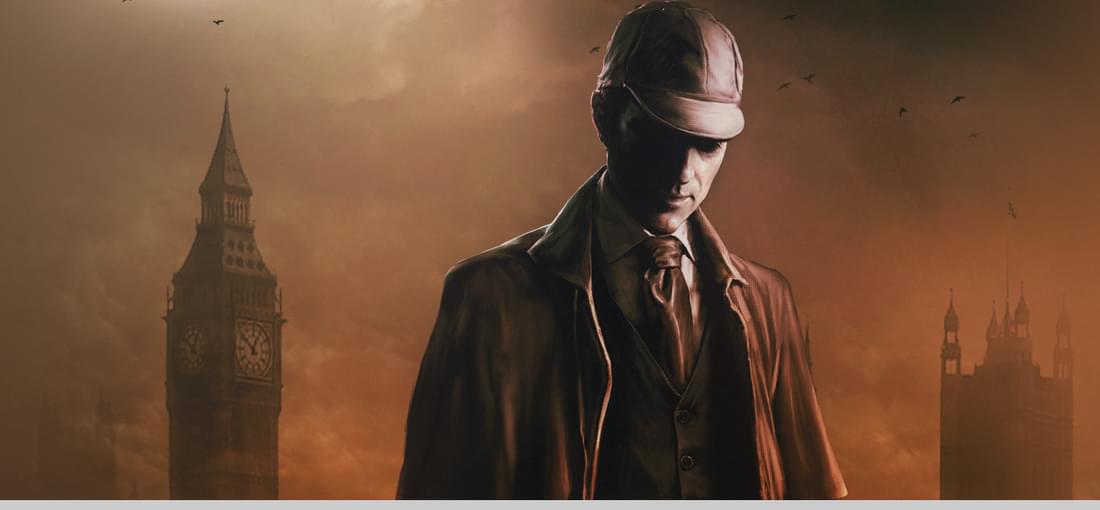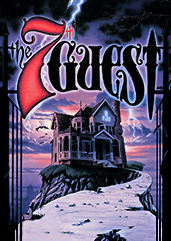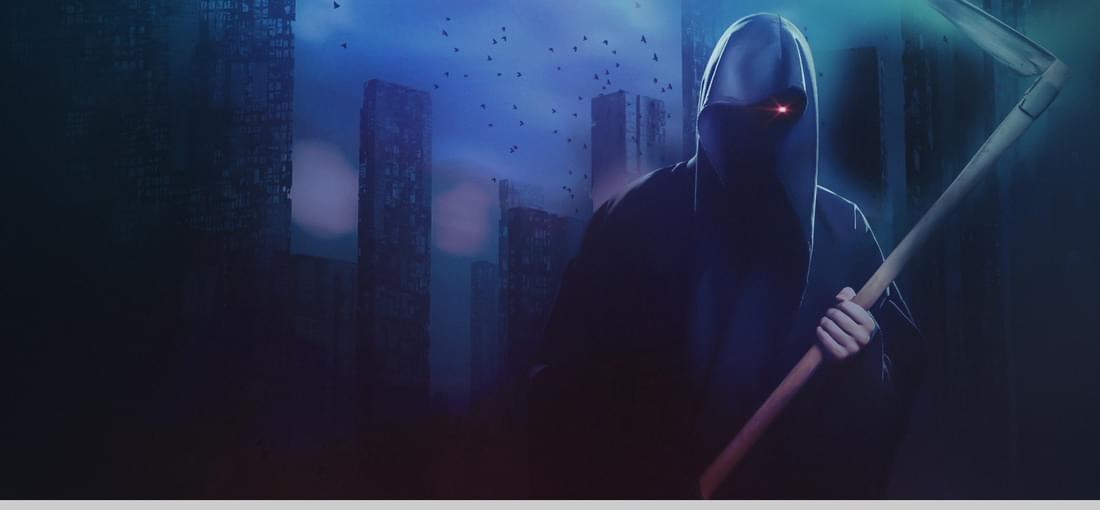


"The testament of Sherlock Holmes" is one of the most annoting game experiences I've encountered the past ten years or so. The puzzles are either stupidly simple or insanely diffuclt, scenes are seemingly stitched together in a most unnatural way. Worst of all is the dialog which is laughable. Especially annoying is Watson who is supposed to be a sidekick that can give you valuable advice. But with this incompetent implementation he is nothing more than a dummy, and possible the most annoying character in a game ever. He constantly annoy the hell out of this player with stupid, nonsense dialogue. There are some very good production values here, for sure (graphics are nice, good voice representing for Holmes), but the overall execution cheapens everything with horrible cuts between camera angles and scenes, untimed conversations and bad animation. All this hurts the immersion for the player. Even though the controls are said to be an improvement over previous games they are still lacking. All things added, this game makes for a slow, painful and enervating experience. When the adventure genre went downhill a bit during the late 90's/early 00's europen developers kept it alive. However, even though some were fairly successful they didn't improve on anything. In most cases the opposite were true. I'm going as far as stating that "The Testament of Sherlock Holmes" wouldn't have been released during the golden era of the genre. It's different today though. Since the big AAA developers don't put pressure on the smaller developer's it's much harder today to get hold of a really well crafted adventure games. That's why Frogware can release such a horrible excuse for an adventure game and still continue on. If you value story and immersion this is not a game for you.

When The 7th guest was released it was thanks to the right people with the right technology at the right time. All these things coming together made Trilobyte games rise to the top for a short while. But when you go beyond the game's reputation and presentation you find a much smaller product worthy of a much smaller prize. The 7th guest is basically a puzzle game where a large haunted house functions as a hub connecting all the puzzles. And the puzzles are mostly good (even though they're not original), but the problem is that there is a very thin narrative which hurts the player's immersion in the game. Today the game has much more in common with hidden object games, a genre that didn't exist back then, than adventure games. What the game should get praise for, though, is the technical aspects. Designer and programmer Graeme Devine had to come up with a way to compress several hundred megabytes worth of FMV clips so it would fit on only 2 cd-roms. (Remember cd-roms could hold 700 MB and video compression techniques was not good at this time). Noone can take away its place in the history books as THE killer app for cd-roms, responsible for selling a couple million cd-rom units. But similar to Sierra's Phantasmagoria, The 7th guest is an interesting experiment and technical achievement but not a very good game. I'd recommend it only to those who likes casual games like hidden object games. You can read my full review in swedish (google translate is your friend) here: http://www.retroguiden.se/the-7th-guest/

When shown for the first time at the CES trade show in 1994, people couldn't believe their eyest. Many of them were probably stunned when they found out who had written the game. Gil Austin had previously penned parts of the Wing commander series but now he wanted to make a statement in the ongoing debate about violence in movies and games that had reached its peak at this period in time. Gil allegedly decided he had had enough when he found out that explosions and weapons had been removed from classic Warner brothers cartoons. So Harvester became his own critism to this and he put in every bit of violence he could think of to try to make his point clear. Harvester is presented as a classic point & click adventure game with digitized characters and nice, detailed backgrounds. You're playing Steve who one day wakes up in the small town of Harvest and don't recognise anything. You then start walking around town, talking to the inhabitants and picking up objects. When you talk to the right people and/or pick up the right object you trigger the night phase. During the night you're supposed to perform some evil mission for the Lodge, a secret and strange society whose headquarters is in a big castle in the middle of the town. The way out of Harvest and away from all the madness seems to go through the Lodge. Judging purely from the puzzles, Harvester is a fairly decent adventure game. Gils story is interesting (but hard to understand until you reach the end) but all this is encapsulated in a horribly bad production. Even today, Harvester has some shock value, but unfortunately a badly designed game will likely wear you down before you can experience the whole game. You can read my full review of Harvester in Swedish (Google translate is your friend) at: http://www.retroguiden.se/harvester/
Been playing adventure games since Zak McKracken and have had a lot of fun with the genre through the years. Resonance drew me in immediatly with its pixelated graphics and scifi story, but it left me feeling a bit dissatisfied. Sometimes I laughed, sometimes I was amused but unfortunately too much time was spent being annoyed. I loved the game for the atmosphere, the setup and the nice looking retro-pixelated graphical style. Not to mention the musical score, which is great too. But on the other hand you have puzzles that are so far-fetched and illogical that you don't need to be very impatient to turn to walkthroughs (or just turn it off). The former Lucasarts alumni Ron Gilbert often talked about the bad practice of backwards puzzles. Puzzles where you find the item you need long before you discover the actual puzzle. This game is full of them, and some items sit in your inventory a looong time before they're supposed to be used. Another thing I found annoying was the pixel hunting. In some locations there's no hint whatsoever that you can find an item in a particular place, both because you're not looking for the item (because it belongs to a backwards puzzle), but also because you have no idea the item could actually be in that particular place. It's rather lazy game design that haven't been thought through. And that's a shame since one of the pillars of a good adventure game is the puzzles. The other pillar, story and dialogue, ranges from ok to good. I really like the scifi plot and the touch of conspiracy theory sprinkled on top made the game enjoyable between the puzzles. There's other well executed ideas as well. Having four controllable characters works just as well, if not better, than in Maniac Mansion. And the short and long-term memory inventories work much better than anticipated and are quite fun to play with. But the arbitrarily designed puzzles is what makes or breaks this game. Only you know if you can take that.